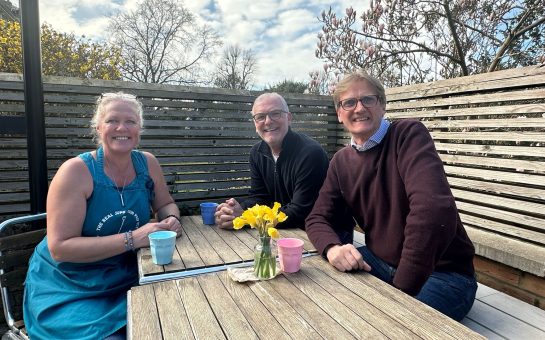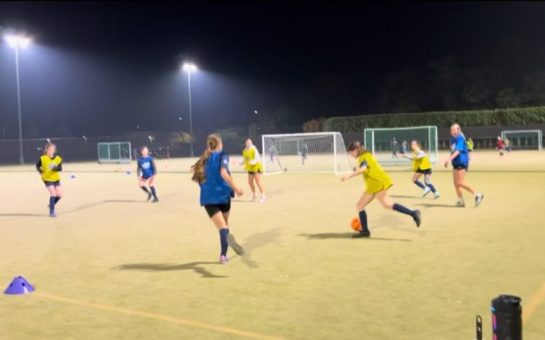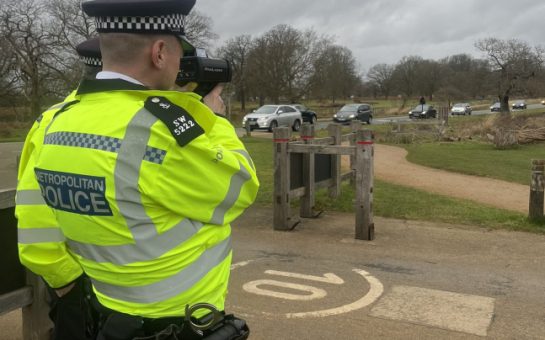Scandinavian-inspired south west London schools are re-thinking children’s education – by taking it outdoors.
First introduced to the UK in 1993, forest schools teach children using their natural environment.
These schools still teach children everything on the curriculum – but outside the classroom.
Several forest schools operate in south west London, one of which is Richmond forest nursery Outdoor Owls.
Outdoor Owls founder Helene Mark said: “Coming out of lockdown, people are starting to realise the value of being outdoors.
“The outdoors is the classroom.
“They still learn things like maths, of course. But they are counting trees.”
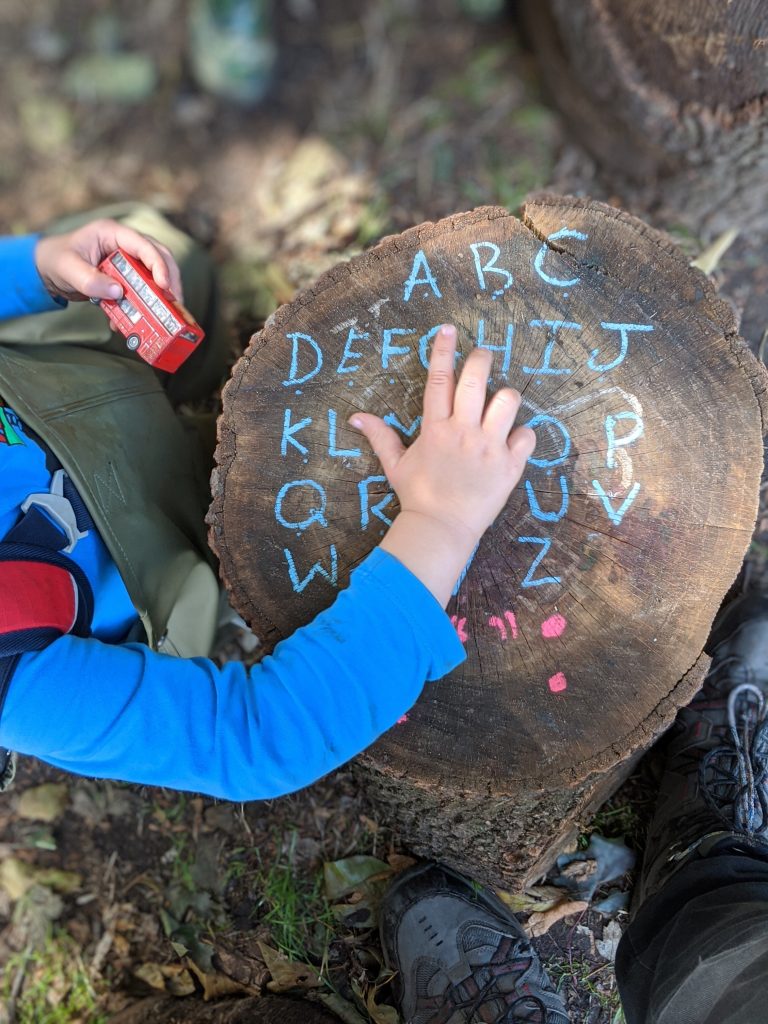
A typical day at Outdoor Owls, which takes children from ages two-to-five, involves a forest walk to set up a basecamp, and time for both outdoor play and learning.
For those of us used to a traditional British education system, the idea of spending most of the school day outdoors may seem outlandish.
However, outdoor education has been common practice in Denmark and other Scandinavian countries since the 80s.
“Just because something is traditional, does not mean it is right,” Mark said.
A 2016 survey found that three-quarters of children in the UK spend less time outside than prison inmates.
Studies show that outdoor education improves both academic scores and the physical and mental health of children.
This is especially relevant for children who have been kept indoors during lockdown.
Naturally, in London, finding sufficient green space for a forest school represents a challenge.
However, a 2020 study found that even using street space as a playground for children can bring some of the benefits of outdoor education.
Forest schools are not just about education that happens to take place outside – they represent a mindset that places children at the centre of their own development.
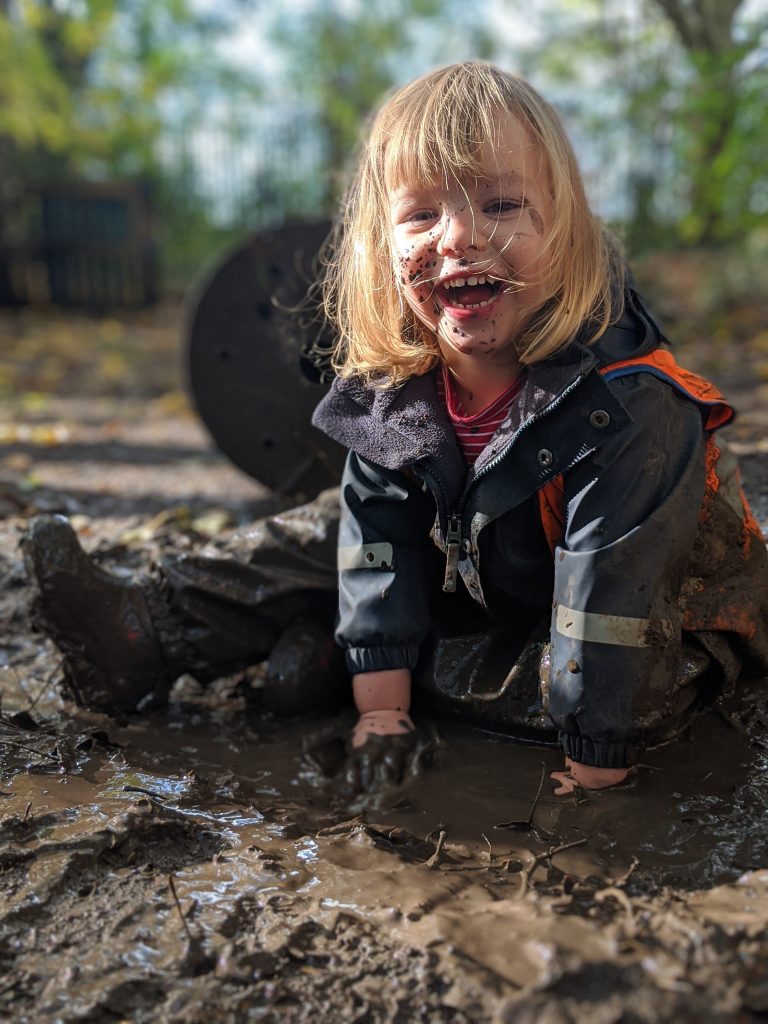
Mark stated that one of the first questions asked of outdoor education is: “what about bad weather?”
The answer for a forest school is that there is no such thing.
Mark added: “All days are good weather days. It’s just about what you wear.”
While safety is a top priority, these schools believe a child’s ability to handle risks and different environments is crucial to growing in confidence and resilience.
Growing up in a sanitised environment hinders children’s confidence and ability to risk assess themselves Mark argued.
Her approach, therefore, focuses on replacing phrases like “be careful” with “you can do it,” or “let me help you with that”.
Credit for photos: Outdoor Owls
